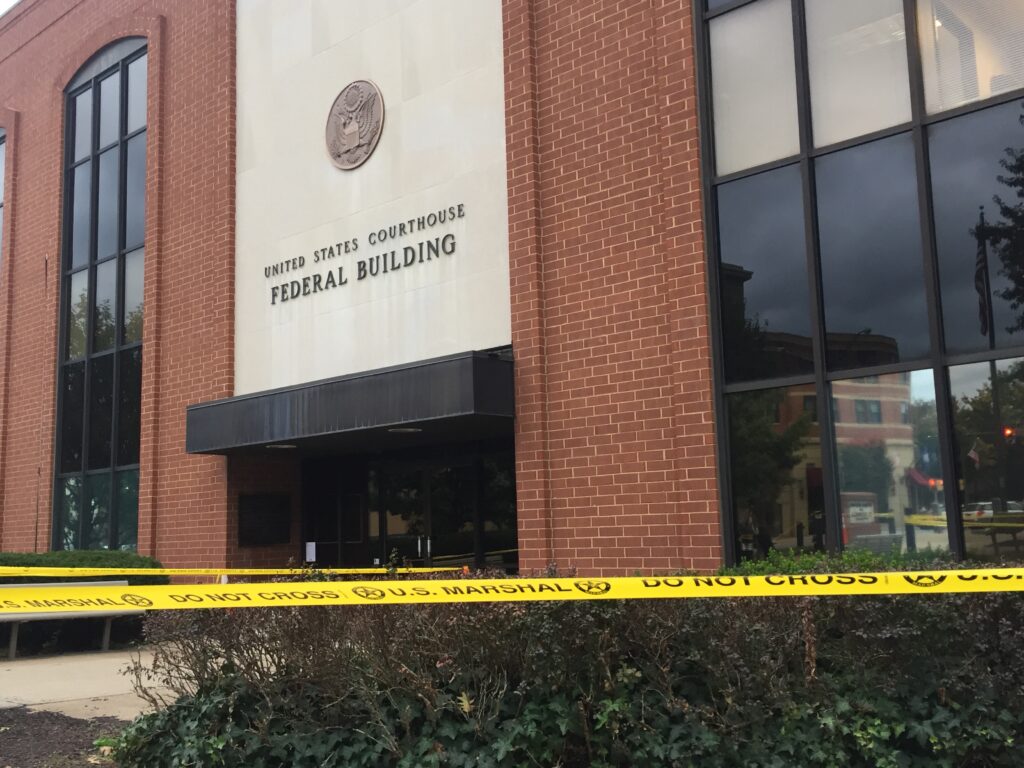[The following is part of an ongoing series about Sines v. Kessler, the civil suit against many of the main organizers of the August 2017 Unite the Right (UTR) rally in Charlottesville, Virginia. For an overview of the suit’s objectives and its many defendants, please see the first post in the series here.]
Courtrooms have long been sites for grand ideological statements. Before he was sentenced to hang for the 1886 Haymarket bombing (despite a distinct lack of evidence against him and his co-defendants), August Spies renounced none of his beliefs and instructed the jury that “socialism, in short, seeks to establish a universal system of co-operation.” Before receiving a ten year prison sentence in 1918, Eugene V. Debs declared that “I ask no mercy. I plead for no immunity. I realize that finally the right must prevail. I never so clearly comprehended as now the great struggle between the powers of greed on the one hand and upon the other the rising hosts of freedom.”
As a venue, however, courtrooms are also available to actors with far less noble sentiments. For one example, a week and a half into the Sines v. Kessler trial, it is clear that defendant Christopher Cantwell intends to continuously take advantage of his status as a pro se defendant to bully witnesses in cross-examination, expound on his beliefs, and rehabilitate his tarnished image among his overtly fascist constituency.

By the time he went to prison last year for threats and extortion directed at neo-Nazi rivals, Cantwell had gone from being a popular movement podcaster in the days leading up to Unite the Right to virtual pariah status. The reason for his fall was not so much his aggression toward a fellow fascist or even the infamous teary rant that earned him the “Crying Nazi” nickname, but rather the fact that he had admitted publicly to being an informant for federal agents. Working for domestic intelligence services isn’t exactly uncharted territory among far right actors, but it nonetheless confers a treasonous stench that cannot easily be washed away (as Proud Boys leader Enrique Tarrio has been learning in recent months). Still, as a movement invested in gestures of hypermasculine dominance and obsessed with martyrdom, fascists often reward audacious displays, even when they are strategically ill-advised.

